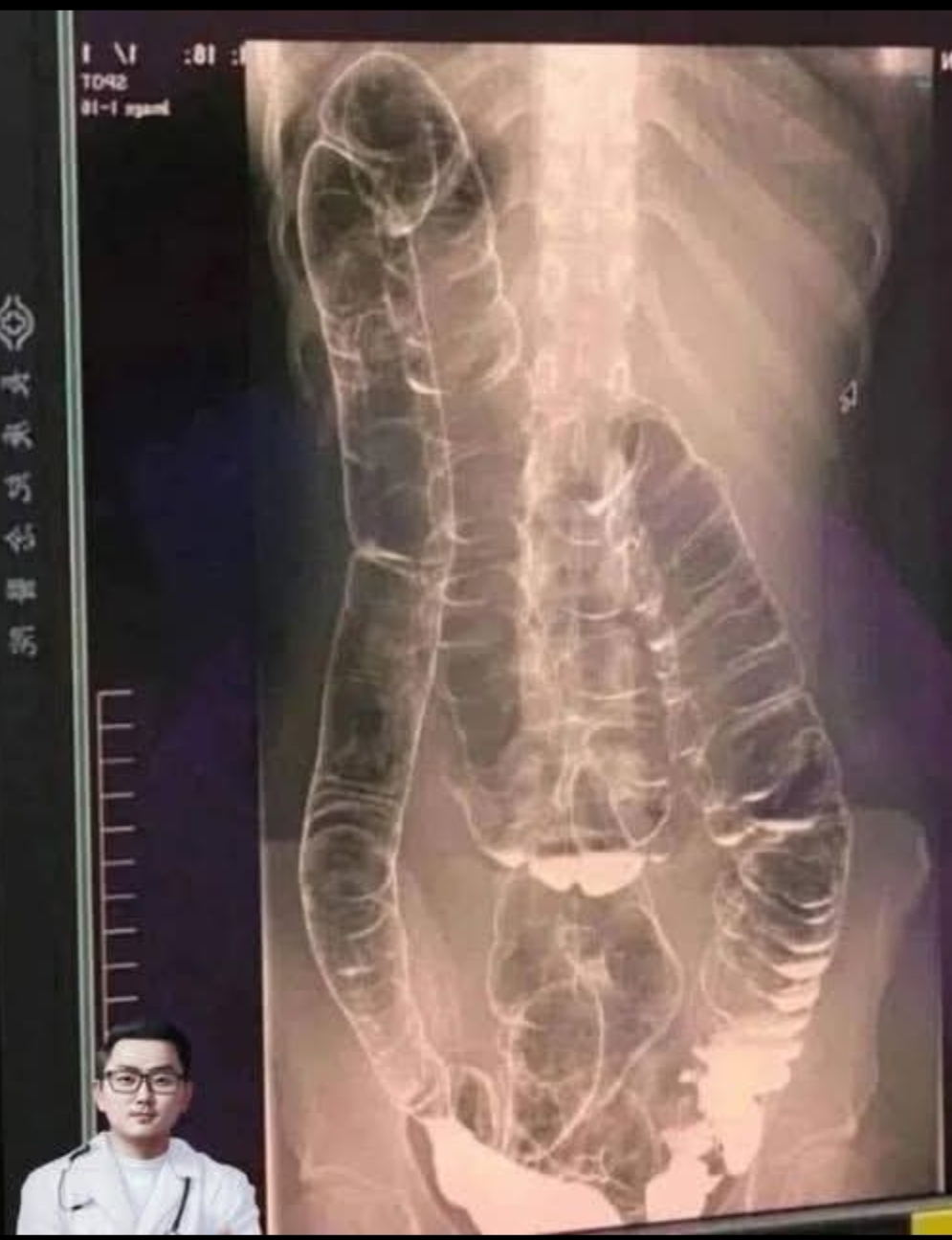Severe dehydration can lead to dangerously low blood pressure and a rapid heartbeat, both of which require immediate medical attention. The right rehydration approach depends on the severity of dehydration. In mild cases, simply drinking more water and consuming electrolyte-rich foods can help restore balance.
However, in more serious situations, intravenous fluids or oral rehydration solutions may be necessary to quickly replenish lost fluids and stabilize the body.
If dehydration persists despite adequate fluid intake, it could be a sign of an underlying medical condition such as diabetes or kidney disease. In such cases, seeking professional medical evaluation is essential to address the root cause and prevent further health complications.

Beyond supporting overall health and well-being, preventing dehydration plays a crucial role in avoiding long-term damage to the body. While hydration is a simple yet vital aspect of health, it is often overlooked.
Building a habit of drinking water regularly, incorporating hydrating foods like fruits and vegetables into your diet, and recognizing early signs of dehydration are key steps in safeguarding your health. By staying proactive, you can prevent serious complications and keep your body functioning at its best.

- Prioritizing hydration is one of the simplest yet most powerful ways to sustain energy, support vital body functions, and promote overall well-being. Keeping your body properly hydrated helps you stay alert, active, and healthy, making it an essential cornerstone of a balanced lifestyle.
